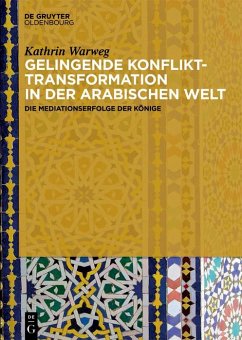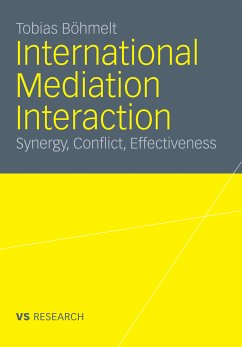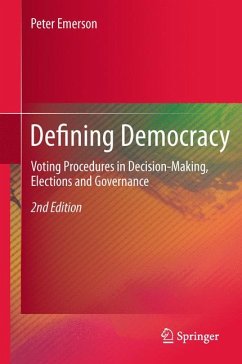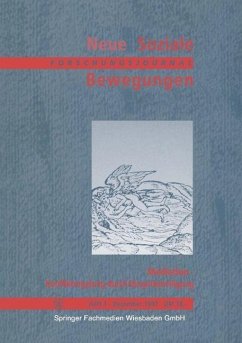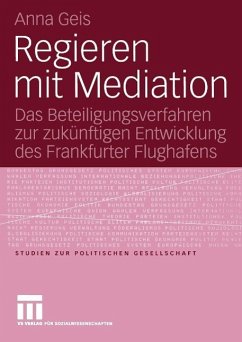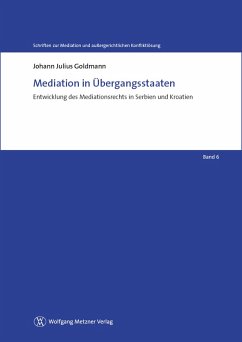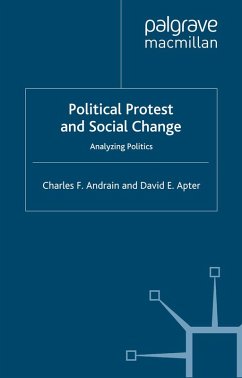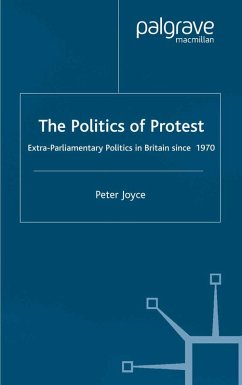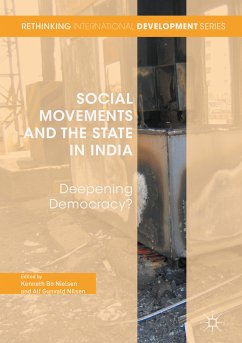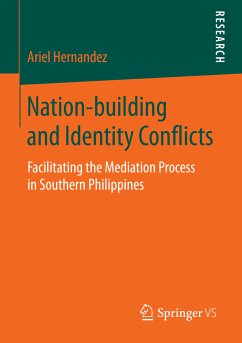
Nation-building and Identity Conflicts (eBook, PDF)
Facilitating the Mediation Process in Southern Philippines
Versandkostenfrei!
Sofort per Download lieferbar
40,95 €
inkl. MwSt.
Weitere Ausgaben:

PAYBACK Punkte
20 °P sammeln!
Ending identity conflicts through negotiated agreements is an intractable process that is embedded complexly in the nation-building process. Ariel Hernandez looks on the complexity of the nation-building process in the Philippines and how its social and political context constrains the achievement of a peace agreement that would withhold new challenges as the process unfolds. Mediation as one of the possible modes of intervention to resolve identity conflicts is taken as the self-evident instrument to end the 40 year old conflict between the Filipino society at large and the Bangsamoro. The an...
Ending identity conflicts through negotiated agreements is an intractable process that is embedded complexly in the nation-building process. Ariel Hernandez looks on the complexity of the nation-building process in the Philippines and how its social and political context constrains the achievement of a peace agreement that would withhold new challenges as the process unfolds. Mediation as one of the possible modes of intervention to resolve identity conflicts is taken as the self-evident instrument to end the 40 year old conflict between the Filipino society at large and the Bangsamoro. The analysis confirms that mediation and other types of intervention are contributing to the intractability of identity conflicts by bringing in further complexities in the negotiation process. The conceptualization of "stumbling blocks" may provide knowledge based resources to develop strategies to "facilitate" the mediation process that allows negotiating parties to cope with the complexity of the bargaining table.
Dieser Download kann aus rechtlichen Gründen nur mit Rechnungsadresse in A, B, BG, CY, CZ, D, DK, EW, E, FIN, F, GR, HR, H, IRL, I, LT, L, LR, M, NL, PL, P, R, S, SLO, SK ausgeliefert werden.




